- 44 reads
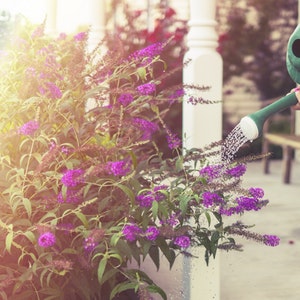
Gardening might be a good hobby, but with the right methods, you can make it great. The only thing better than having a beautiful garden is having a healthy and eco-friendly one, too. As a gardener, it’s your responsibility to tend to your garden in all of these aspects. Of course, that’s easier said than done. On your own, you can’t possibly know where to start. Thankfully, other gardeners and experts have already figured some things out so it’s best to follow their advice.
1. Invite nature in
There’s no point in having a garden if you don’t open its doors to the creatures of nature. This living ecosystem needs something to keep it fresh. Plus, being kind to nature will probably offer more opportunities to make new little friends. That’s why you should consider landscaping your garden to accommodate new visitors. Birds are a welcome sight to any backyard and chirping is a lovely sound to wake up to or relax to. You can also put out designated feeding bowls for the birds.
Another thing you should consider adding to your garden is a toad house. Frogs and toads are cute little critters that prefer the shelter of houses and plants for their homes. This way, you’ll be providing yourself with the experience of hearing croaks every evening and stumbling upon froggy while watering. Both birds and frogs can be extremely useful in keeping bugs away from your garden, too.
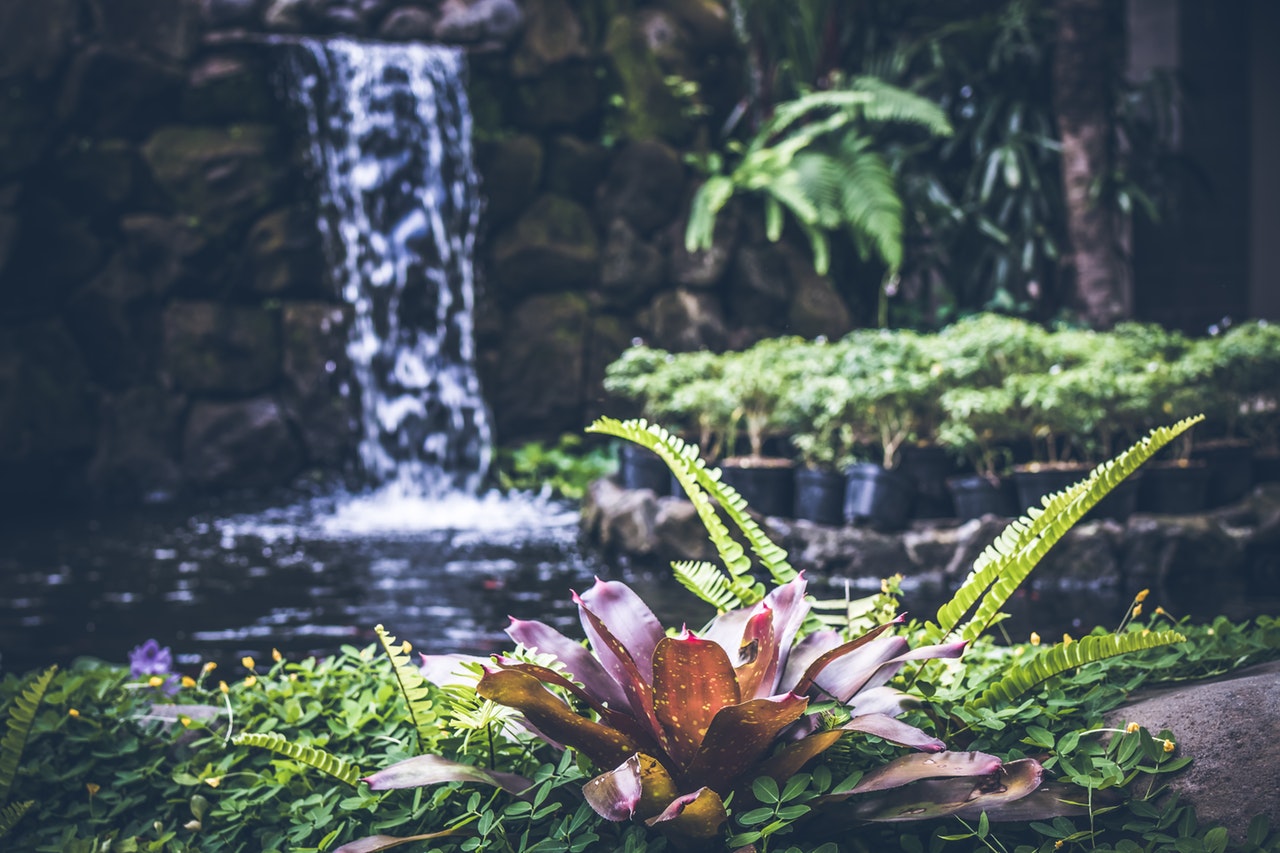
2. Don’t use too much fertilizer
Fertilizer might be your best friend when it comes to gardening, but that doesn’t mean you shouldn’t use it in moderation. Opposite to what many new gardeners think, a lot of fertilizer can’t be good for your plants or your lawn. It makes them thirstier and weaker, meaning they’ll depend on you for support. Your goal is to create a strong relaxation garden which can provide peace of mind and an escape from the world completely on its own, without relying on you for constant watering.
Constant watering creates another problem, too. It leads to water wastage. If you notice that your plants are still thirsty and weary even after their daily dose, you’ll want to cut down on fertilizer. If you’re new to gardening, perhaps it’s best to stay away from it entirely until you figure out just how much to use. This goes for completely natural fertilizer, too.
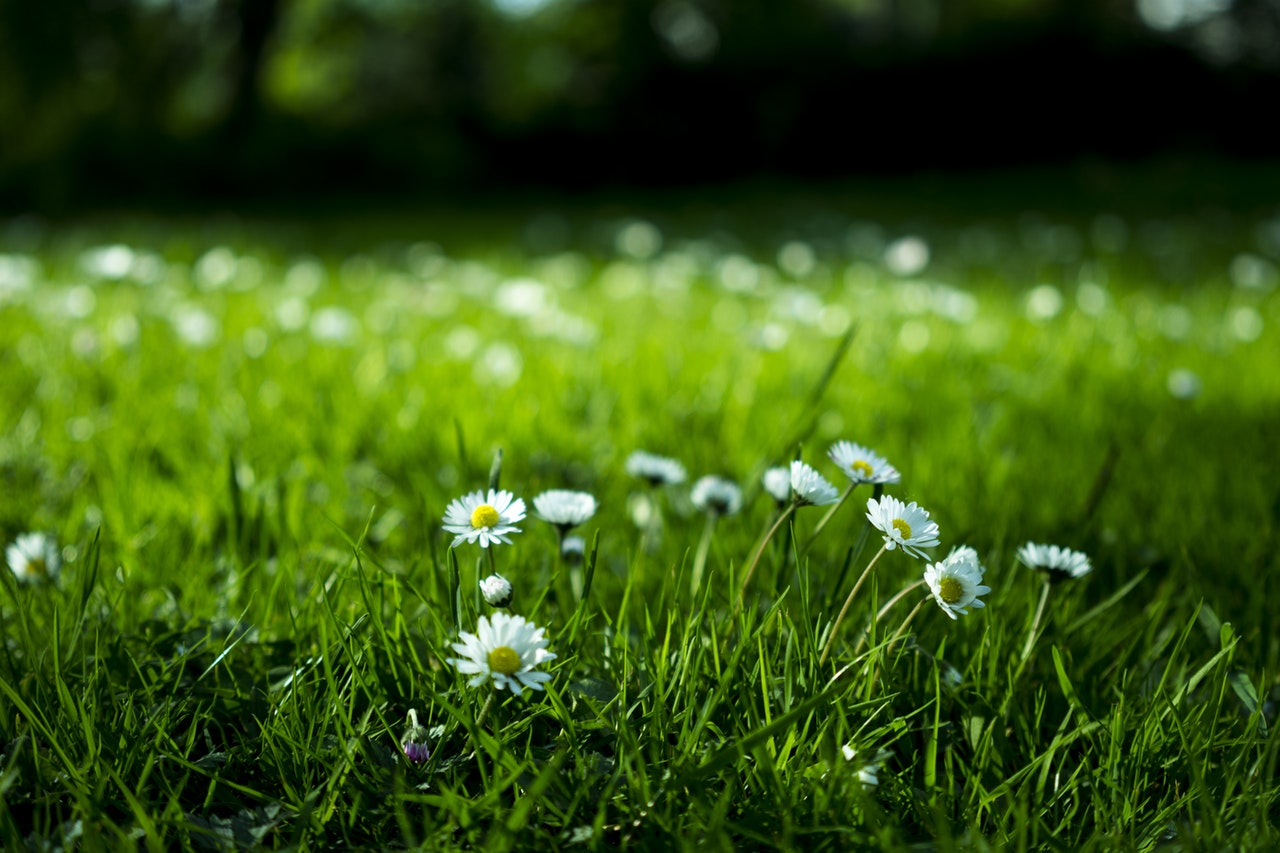
3. Have a set watering time
Though it may seem irrelevant when you water can make all the difference to your plants. If you water them only in the morning, they’ll have enough moisture to survive the hottest part of the day. This means you’ll eliminate the risk of your plants cracking from the heat almost entirely. When the sun sets and the ground naturally dampens, you won’t have to worry about your plants being in too much water, either. They will have absorbed everything by then.
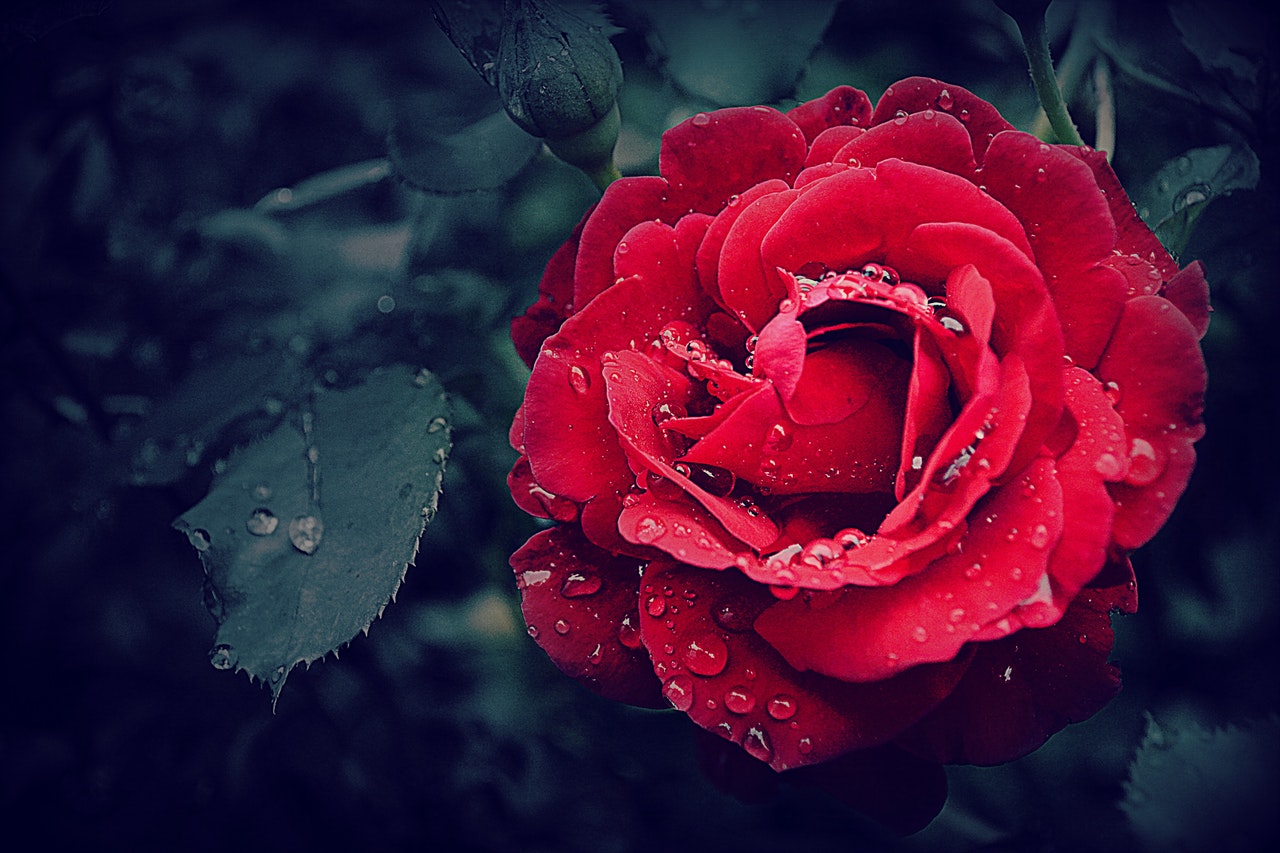
You should also pay attention to the weather outside. Your plants will be more or less water depending on the season. If it’s summer, you might want to water them more while winter doesn’t require as much attention.
4. Check your plants often
Plants are prone to disease and pest infections if you don’t check them often. The stems and leaves are the first to show that something is wrong or that pests have attacked your garden. With a pair of quality gloves, you should set out each day and carefully check the state of your plants. If you do this regularly, you’ll be able to notice any changes quickly.
If you have discovered a disease, the best course of action is to dispose of the infected plant entirely as it can easily spread the disease to the rest of the plants and kill your garden completely. In the case of pests and bug infestations, you can set about creating your own natural repellant. This way, you’ll be getting rid of the problem while not killing your plants. Finally, with a set of proper garden weeding tools, you’ll easily get rid of every garden’s biggest pest- the weeds.
5. Make a composting bin
The best and quickest way to be eco-friendly in your garden is to make a composting bin. You’re already creating less waste because you’re growing your own food but you can lower it even more by composting. Organic waste will have where to rot and transform into food your garden will be nourished with.
Making a composting bin can prove to be a lovely DIY project, but you can also just buy a premade one. When organizing your garden and figuring out where all the plants are going to go, don’t forget to leave some space for the bin. The smell might be unpleasant to you or your fellow household members, but that can easily be solved with a quality lid. Having a composting bin can also be a good start to teaching your kids about gardening and the importance of being eco-friendly.
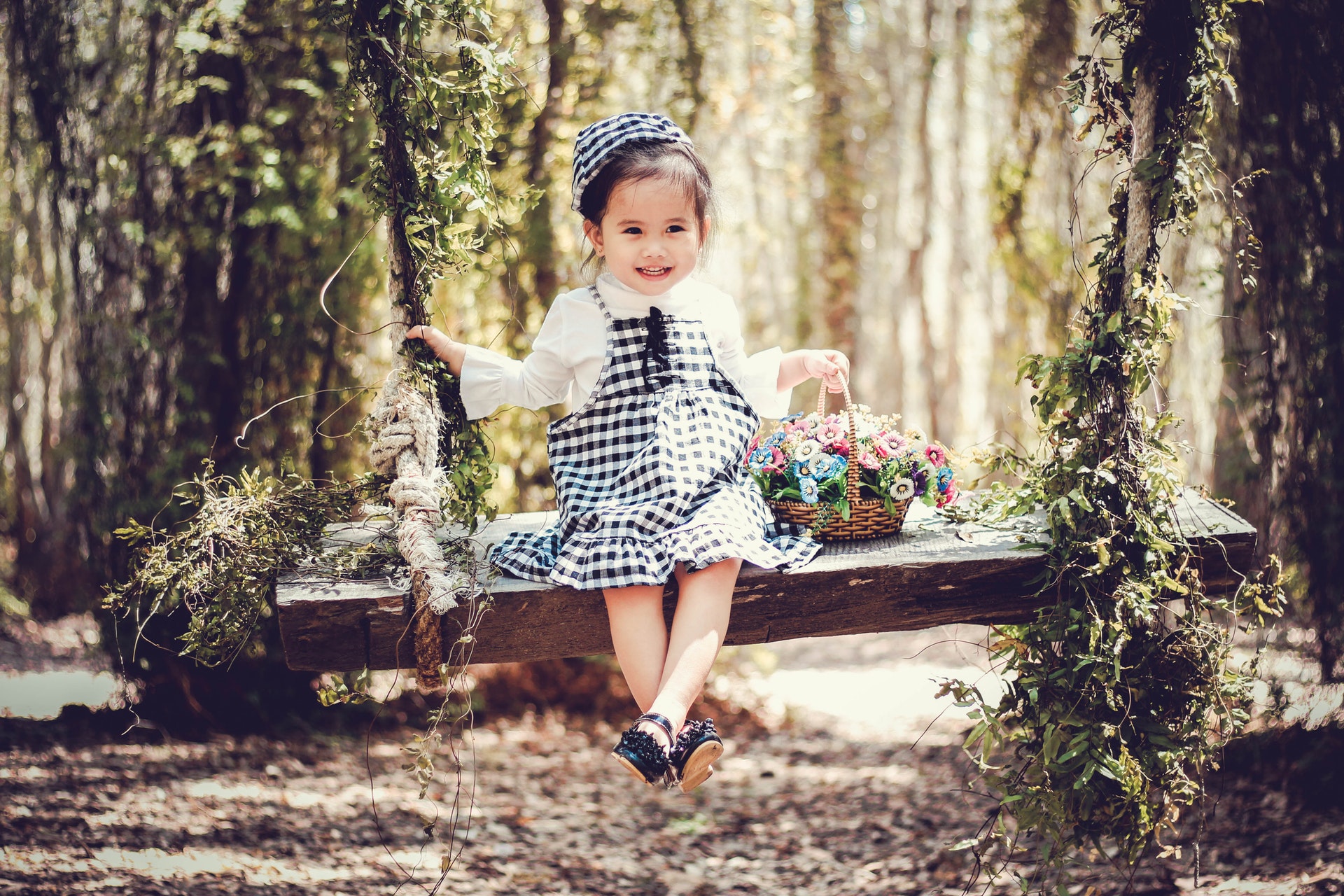
Conclusion
As you can see, you need to consider various things when tending for your garden. Its health, beauty, and eco-friendliness will be a reflection of you. With proper care, your garden is bound to inspire awe from anyone who comes to see it. We’re confident that you’ll do great on this new quest to upgrade your garden to a piece of personal heaven.

